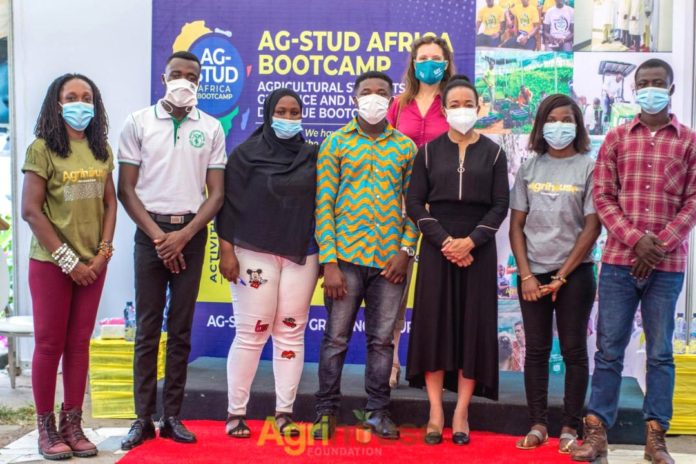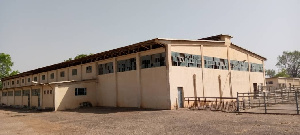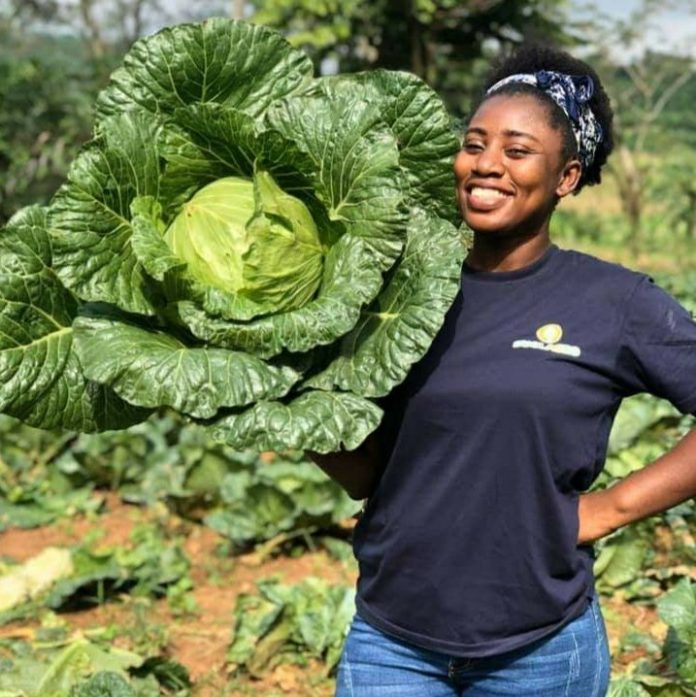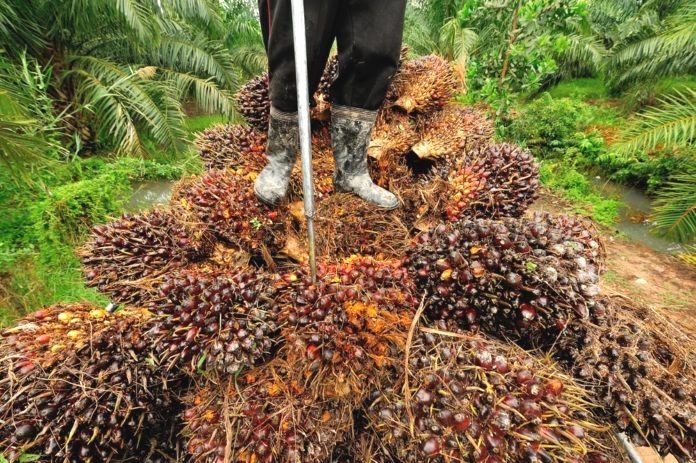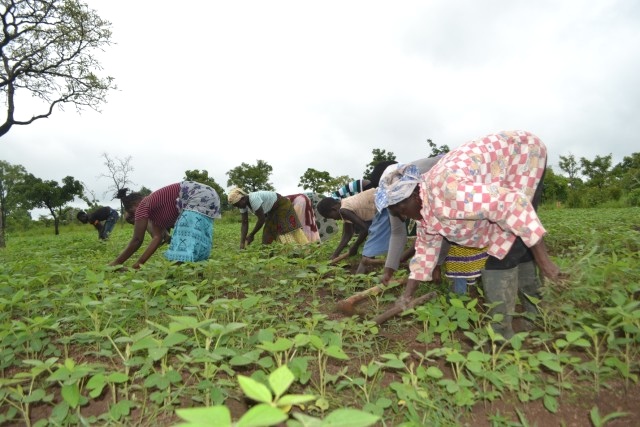The 4th edition of the Agricultural Students career guidance and mentorship dialogue Bootcamp (AG-STUD), a practical agribusiness beginners’ capacity building for students and agribusiness beginners has been launched at Accra.
The initiative aims at building the capacity of agricultural students, agribusiness beginners, and start-ups by exposing them to the dynamics of the food and agricultural market, through education, competence-based sessions, and leadership programmes, which is essential to the success and growth of agriculture.
In a welcoming address, the Executive Director of Agrihouse Foundation, Ms. Alberta Nana Akyaa Akosa thanked the invited guests, the stakeholders, and the students for honouring the invitation irrespective of the wave of the pandemic.
“The pandemic, as grave as it has been, is positively directing Agrihouse toward its greater missions; to grow and build resilience; introduce new interventions and upscale its projects, to complement and align with the needs of all its beneficiaries and stakeholders, including households, farmers, women, beginner agribusinesses and civil society; development partners, the youth, small and large-scale farmers, Technology and financial firms, governments, public and private agribusinesses”, she said.
She mentioned that (AG-STUD) 2021 would be focused mainly on practical knowledge to equip the students and the agribusiness beginners with best farming practices particularly in the field of fertilizer application and appropriate use of farm inputs.
Fertilizer application is one of the critical issues in the agriculture sector. Most of the farmers are aged, having little or no knowledge about fertilizer application contributing to food poison. As a result of mitigating this issue, the focus of AG-STUD 2021 is a good intervention to trains students and young individuals not only the prospects in agriculture but good agronomical practices.
Giving the success story so far, Ms. Alberta Nana Akyaa Akosa said the Bootcamp has trained and mentored about 600 students directly and about 20,000 students indirectly. According to her, through the AG-STUD initiative, business clubs have been set up in about 10 institutions where students have come up with agribusiness ideas, grown and nurtured them into real businesses. About 14 individuals have also nurtured their individual ideas and are now operating these businesses on their own.
The Patron of the (AG-STUD Africa), Hon. Dr. Zenator Agyemang Rawlings commended Agrihouse Foundation for building the human capacity of the youth and those who are interested to engage in agriculture.
Hon. Zenator eulogized the beneficiaries for practicalizing their knowledge to contribute to food security in the country. She urged the beneficiaries not to focus only on the yield and the profit that is made from the farm produce but consider the nutritional values of that they produce as well. “As we look at the yields and the profit that we make, let us also look at the nutritional value. If ever there was a time to pay attention to what is in our food, the time is now because of Covid-19”, Hon. added.
According to the Patron, the government should not be the sole engine to run the agricultural sector because the government would not succeed, therefore, the private partners should upfront the activities of the sector whilst the government supplement it as Agrihouse Foundation is doing.
She opined that the beneficiaries should take advantage of the African Continental Free Trade Area as a means of expanding their market spheres. “If there was ever a time to make use of ACFTA this is it”, she extolled.
Carianne de Boer, the Chief of Party, United States Department of Agriculture, in her keynote address, admonished the students not to let anything hold them back from taking advantage of the strong partnerships established with the private sector through the programme.
She challenges the students to make the best of employment, agricultural and business skills provided by the Agrihouse Foundation through the mentorship opportunity.
The Chief of Party of USAID reinvigorated the students to take adventures for more opportunities to solve problems, “be curious, make the global your learning field and come out with production and market solutions that can build resilience to multiple shocks and stresses, especially in the face of recent global challenges like Covid-19”.
Speaking on behalf of the Regional Head of AGRA of West Africa, Dr. Dorothy Effah lauded Agrihouse Foundation for providing tangible opportunities for the youth.
She assured that the Alliance for a Green Revolution in Africa (AGRA) would partner with Agrihouse Foundation to develop the youth to transform agriculture into a highly productive and sustainable system.
She underscored AGRA’s interventions for the youth which seeks to inspire generations to become agripreneurs.
Selorm Amevor, Ag. Head of Marketing and Communications, Agriculture Development Bank (ADB) added that the programme has developed record-keeping skills that would aid the students in accessing financial support from the financial institutions.
He mentioned that one of the limitations of farmers getting access to financial support is the lack of record-keeping and since the programme seeks to eliminate that challenge it would go a long way to help the students.
He further said the challenge that ADB is facing over the years is that most of the farming communities have issues of proper record keeping and this has made it difficult to even disburse the GH500 million which was set up last year for the poultry industry.
This year’s AG-STUD AFRICA is scheduled to kick start on Monday, April 12 – Friday, April 16, with organizing partners including, the Ministry of Food and Agriculture (MOFA), and The National Farmers and Fishermen Award Winners Association of Ghana (NFFAWAG).

